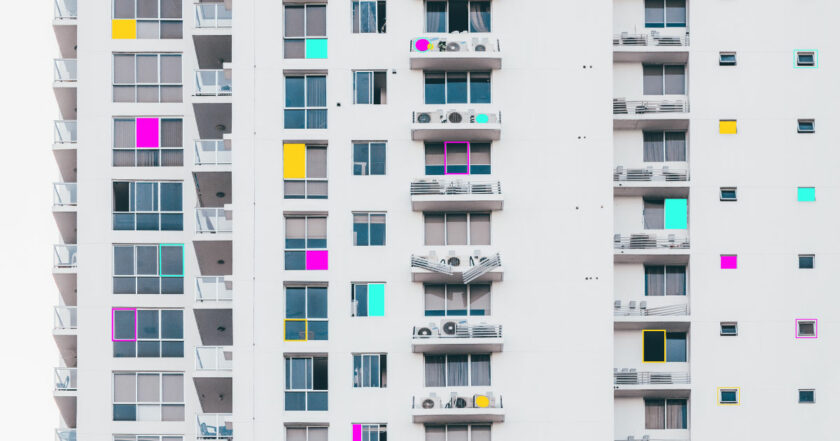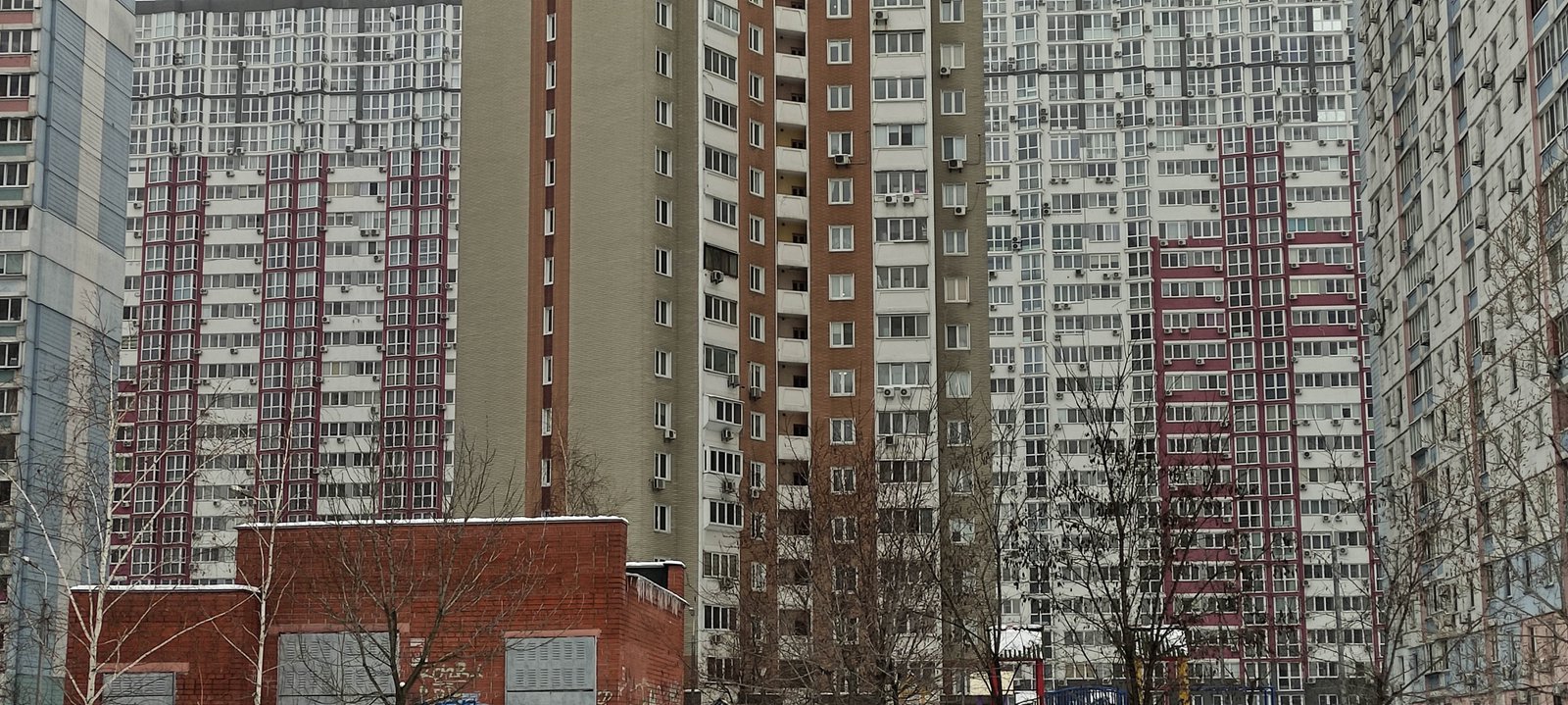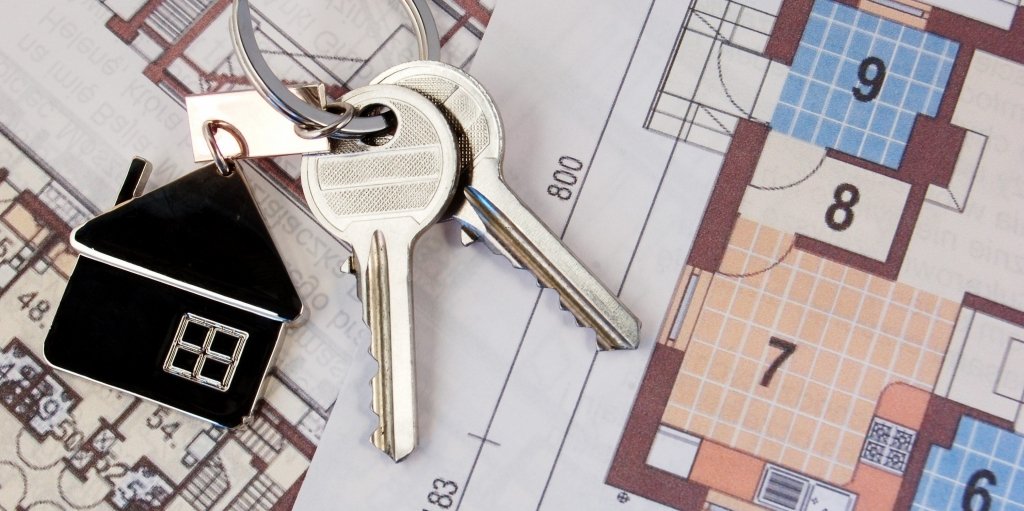Hundreds of apartments where the light will never turn on: how to solve the problem of rebuilding in the capital
Experts suggest turning unnecessary new buildings into social housing

Over the past 10 years, Kyiv has seen a boom in new housing construction. Many new residential buildings, as being built in Kyiv today, have never been built in the capital since Ukraine's independence.
From 2013 to 2018, 20,000 apartments were put into operation in Kyiv every year. Most residential complexes were built in 2017; their number is 28 thousand. It happened because, from January 1, 2018, the state had to increase the share of the developer in city infrastructure development from 2% to 4% of the total estimated cost of construction. This is the developer's fee for unloading the infrastructure, the pressure on which is increasing because of the new territory being settled which will be handled by the city. This applies to the construction of new roads, transport junctions, and other improvements. In the following year, 2018, this benefit was extended, in 2019, the same as in 2020, and during the years of independence, about 130 thousand apartments were built. For whom were they built?
Kyiv's population has grown by 113,000 during this time, which is a tentative figure, as there are no official data on the real population in Kyiv, so simple calculations show that even if every new resident of the capital buys an apartment, part of the housing should remain empty. But at the same time, we understand that with the current level of the economy in the country, the demand for apartments in no way exceeds the supply; most of the newly built apartments are still empty. And according to analysts, experts, and architects, they will remain so.
During the "Housing of the Future or Future Problems? Chaotic Construction of Kyiv" discussion within the international architectural festival, CanActions, architect and organizer of the festival Viktor Zotov, an analyst from the independent think tank Cedos Pavlo Fedoriv, Chief Design Officer from LUN Denys Sudilkovskyi and Oleksii Pakhomov from buro architects explained the problems facing the construction boom in the capital. And, of course, they talked about ways to solve them. But before that, a lot of interesting things surfaced. For example, the not very pleasant fact that after buying an apartment it may happen that you didn't buy a home…
You may think that you're buying an apartment, but in fact, you live in temporary housing
Another problem is that most apartments built in the capital and suburbs aren't apartments. These apartments are housing with an area of about 20 square meters, where the bedroom, living room, and hallway are one room.
Currently, there's no definition of the term "apartment" in Ukrainian law. This gives developers a springboard for manipulation when forming the legal status of real estate by identifying the apartments with a flat. The only legal regulation for apartments is found in state-building regulations for the design and construction of hotels (2.2.20: 2008 "Buildings and structures. Hotels"), where apartments are superior rooms, which may include additional rooms and kitchen equipment.
The difference between apartments and a flat is in the legal status of these houses and the consequences that follow from them. Apartments can be part of hotels, apartment complexes, i.e. legally are temporary accommodation. This legal feature of "temporary residence" doesn't allow to include apartments in the housing fund, even with designing apartment-type apartments. After all, a flat is, first, a legally defined possibility of permanent residence.
It's convenient for developers to build apartments instead of flats, as they're a kind of loophole for the possibility of building premises for living on land that doesn't provide for housing: the law prohibits placing an apartment building on recreational or public land, but a building with apartments can be placed there. Developers are trying to present this as an advantage: environmentally friendly living area, low cost of housing, and more. But they're silent about more important points.
But apartments aren't housing in the legal sense. For example, you cannot register permanently in the apartments. This means that you lose a certain amount of rights. One of them is that your child won't get a guaranteed place in a secondary school nearby, and you can't vote "at the place of residence" in the election. You'll also not be able to enter into direct contracts with the utility provider, you don't have the right to create co-ops and independently choose service companies. You'll have to pay real estate tax, with each square meter, and you don't have benefits, like of apartment owners, when they're exempt from payment if the area of their home is up to 60 square meters. Finally, the requirements for the construction of apartments are significantly lower: poor sound insulation, lack of access road, parking spaces, availability of apartments for less mobile groups; this doesn't exist in an apartments house.
Speculative housing: due to the excessive number of new buildings, the price of rent is rising, and tenants are in no hurry to settle
Now in Kyiv, there are 150 residential complexes, where you can buy an apartment and another 19 at an early stage of construction, 145 ready-made complexes, and about 9 at an early stage in the suburbs. Returning to the question of 130 thousand new apartments, the architects explain why most of them are empty.
"On the aggregator of ads for rent, most apartments are rented for more than 30 thousand hryvnias per month, and a significant part of these apartments hangs there for months. It's speculative housing that stands empty. Today we give a significant part of the city's resources — infrastructure, parks, and, most importantly, land — so that those who have the money can offer it in this property. And this real estate will remain empty," says Pavlo Fedoriv from Sedos.
That is, apartment owners who've invested in construction but don't live in new buildings are trying to rent out housing, but because they set too high rental prices, they're left without tenants. Meanwhile, the city is spending or should be spending, on building infrastructure for these houses, and we fall into a vicious circle, where the more housing means the less housing.
What should we do about it?
Architect Oleh Drozdov says that as long as people "vote with their hryvnia," new residential complexes, no matter how low-quality and unsuitable for life, will be built. And the only solution, according to Drozdov, is not to buy.
Pavlo Fedoriv offers more constructive solutions that can be applied at the level of government and the city, thus replenishing the capital's budget and establishing balance and justice. He proposes not to tax the area of real estate, but the cost, as the latter depends not only on the area of housing but also on the location of the apartment, the infrastructure near the house, the number of public spaces and parks: city pays for these locations, not the developer. The second is to tax housing that isn't used for one's residence. The analyst explains:
"We understand that part of the housing is bought for rent. It is a business, and it must be taxed. The tax on personal income from renting is nothing, because if a person doesn't rent a home, then the tax isn't paid. Instead, it is necessary to tax the real estate itself, as a percentage, and this rate can be set a little higher if the premises aren't rented out," Fedoriv said. According to him, the existence of such a tax, which people will have to pay, will force homeowners to reduce the price to one that satisfies the market, and housing will become more affordable.
Another solution is to build social rental agencies: the city unites with the developer, the owner of the building, and rents it for a long time so migrants and those members of society who can't provide themselves with housing, get it at the expense of the state in whole or in part. This idea isn't new, moreover, it has already been applied in Seoul, Gyeonggi Province, and the city of Sejong. Last year, the South Korean government bought out empty hotels and offices and intends to turn them into 114,000 studio apartments. Since 2019, such social housing has been offered to Koreans whose average monthly income is less than 120% of the average monthly salary of a city worker and who don't have their housing. It is known that the term of rent of social housing will be more than 15 years, and the rent is less than 85% of the current value, depending on the income of the tenant. Subsequently, the rented apartment can be purchased for rent.
Social housing is allegedly available in Ukraine as well: in 2020, the Cabinet of Ministers approved amendments to the resolution of July 23, 2008, № 682, according to which persons in need of social protection and insufficient income to buy or rent housing will be able to be taken to social housing registration and further receive social housing if:
- social housing for such a citizen is the only place of residence, and their total average monthly income is less than the value of the indirect cost of renting housing in the village (meaning, the cost of renting an apartment, previously the norm provided the cost of renting a room in a dormitory) and subsistence level;
- IDPs who don't have a place to live or whose homes have been destroyed as a result of armed aggression by the Russian Federation.
However, the queues for social housing have been standing for decades, and the main problem is that there is not enough social housing. Ukrainian legislators may listen to the recommendations of analysts and follow the example of Korea. It is unknown when this will happen, but at least we already have a lot of empty housing and a ready solution.




























































